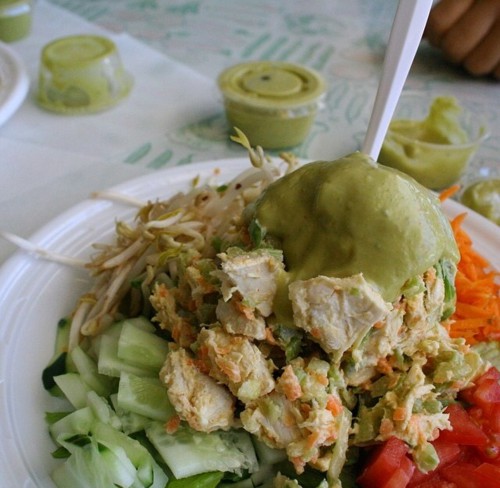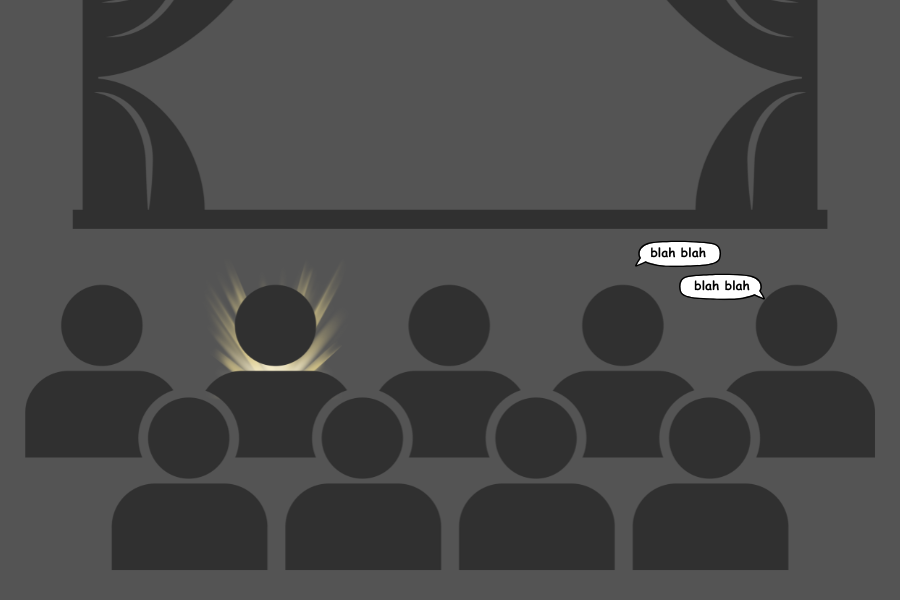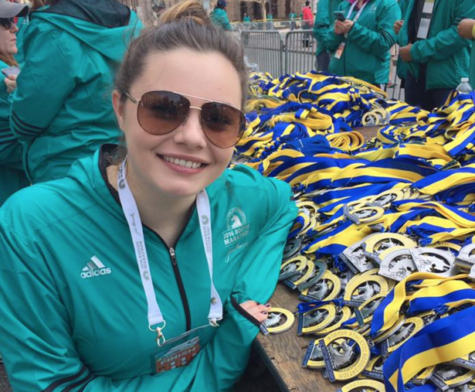You’ve probably heard of the “primal eating” trend, more commonly known as the Paleo diet. The idea behind this diet is that it encourages us to eat like our ancestors did. Two point six million years ago there was no bread, or milk-based products, and certainly no way of making them.
The Paleo diet excludes grains, heavily processed oils, and other processed foods. In other words, zero junk food. You’re free to think what you want about this diet, but I can for one tell you that it is not an easy diet to stick to.

(Photo by Thalia Yunen)
On the other hand, you would be surprised that there is actually a lot that you can eat on this diet. A hunter-gatherer or forager society is nomadic, so most or all food is obtained from wild plants and animals.
This means a diet of meat, meat products (eggs & honey), vegetables, fruits, nuts and seeds. Some forms of the Paleo diet include added fats such as coconut oil, avocado, butter and ghee, a type of clarified butter.
According to pro-paleo dieters, the reasoning behind excluding grain is that grains can lead to inflammation and related health problems. While this can be true for people with gluten allergies, it has been proven that whole grains can improve our health, and that inflammation is not directly caused from consuming whole grain products. So completely eliminating an essential food from our diet is probably not ideal for our overall health.
While “primal-eating” does have its good qualities, it is not without its flaws. Our foraging ancestors commonly suffered from parasites, infectious diseases, and a disease called atherosclerosis, or, hardening of the arteries.
Of course, we are lucky to live in this day in age that we have refrigeration and purification systems that keep our food safe to eat. But it is definitely something to keep in mind for those of us who put Paleolithic humans on some kind of diet-pedestal.
In June, my primary physician told me that I am lactose intolerant. I never realized how much of my diet consisted of dairy products until I could no longer have them. I took to the internet to see what my options were for dairy-alternatives. After many hours of searching, and trying to figure out what in the world almond milk is, I came across the Paleo diet.
I gave it the old college try, and gave up rather quickly. Cutting out dairy wasn’t so problematic as much as cutting out grains. I love my cereal, and my routine of a carb-loaded “breakfast of champions” was tough to shake, but it got me eating a lot cleaner and eating more fruits and vegetables. Because of this, I have a lot more energy, and I’ve stopped eating junk food. Except for the occasional and necessary cheat day, of course.
Here is some food for thought: human beings were not meant to drink milk all throughout our lives. After a litter of newborn puppies are born, they all scramble to latch on to their mother’s stomach to drink milk from her teats. But after a certain age, the momma pup will swat them away if they follow her around, trying to latch on.
My doctor put it in much simpler terms. He said, “If you were meant to be drinking milk at this age, you would be a lot closer with your mother.” Basically, if humans were meant to drink milk, we would be breastfeeding all throughout our adult lives. Again, think what you want about that, but it makes perfect sense. Humans are the only mammals who drink milk all throughout their lives.
I think what we can all take away from this is that while our ancestors might have had some of the right ideas, they were flawed. So, if you’re interested in ditching that oh-so-yummy, not-so-healthy Kraft Mac & Cheese for some carrots sticks, here’s what I suggest: start slow. Very slow. The problem people run into when they try this diet is that it’s very overwhelming at first.
This can cause people to be inconsistent with their diets. And without consistency, there is no progress. Try eating a little more fresh food. Maybe eating some fruits and veggies with your Ramen noodles? Maybe consider replacing some of your processed food with normal food (key word: some).
Everyone is different. If you truly want to change your diet, you are completely capable of it. You just have to be motivated and willing to put in some effort. You have to find what works for you, and your body. And most importantly, your appetite.
My final say on the Paleo diet? One size does not fit all.








